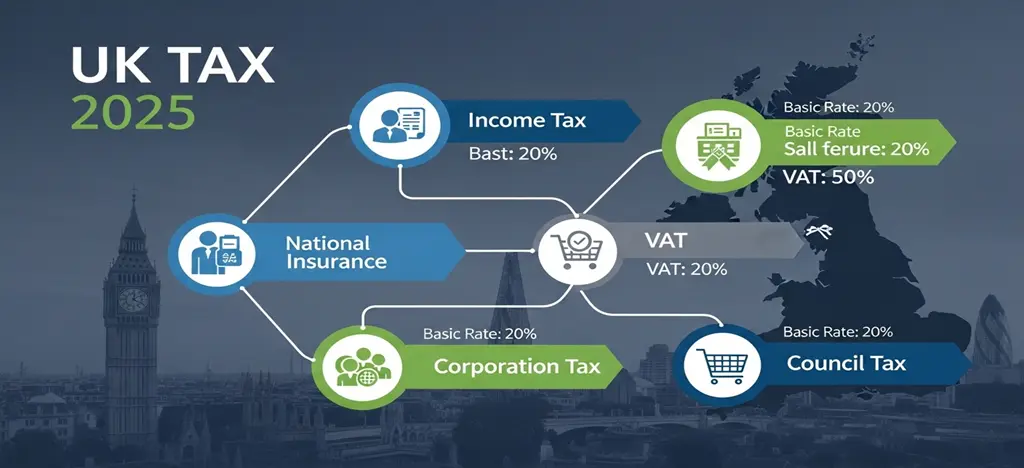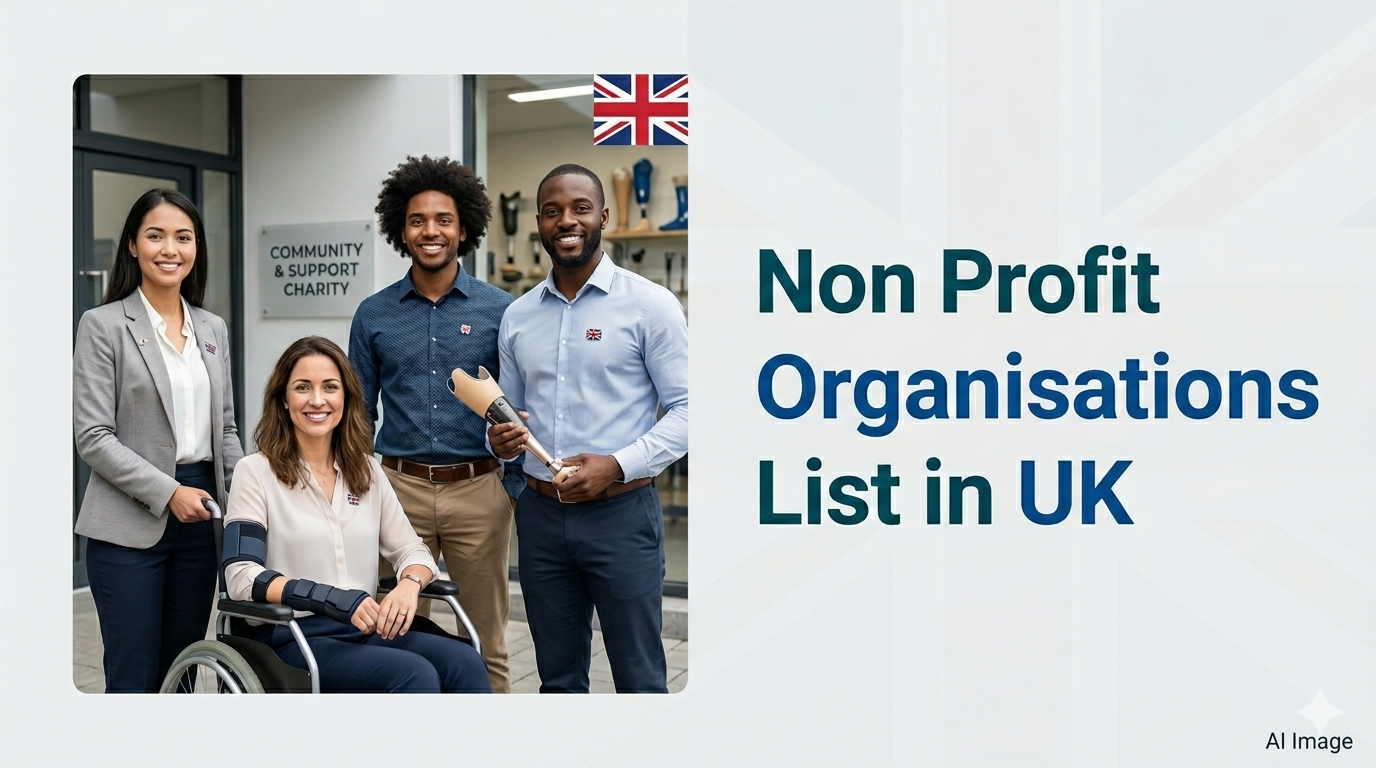As the 2025 Self Assessment filing season for the 2024/25 tax year (6 April 2024 to 5 April 2025) approaches—with the main online deadline of 31 January 2026 ahead—it’s a perfect time to reflect on key lessons learned. Whether you’re preparing for next year’s returns (filed in 2027) or auditing your current situation, understanding deadlines, pitfalls, and relief opportunities can save you time, money, and headaches.
This post dives into real, data-backed insights from HMRC and tax experts—no hype, just practical advice.
1. Critical Self-Assessment Deadlines You Need to Know (for 2024/25 Tax Year)
Missing these can trigger penalties starting at £100 for late filing, plus up to 7.75% interest per month on unpaid tax. Here’s a quick reference:
HMRC Self Assessment—Key Dates for 2024/25 Tax Year
Important deadlines for filing and payments
2025 UK Self Assessment Deadlines (for 2024/25 Tax Year)
| Deadline | What It’s For | Notes |
|---|---|---|
| 6 April 2025 | Online filing opens for 2024/25 returns | You can file early—over 3.5 million did so in the first 100 days last year. |
| 5 October 2025 | Register for Self Assessment if first time | For new self-employed or those with untaxed income; get your UTR in time. |
| 31 October 2025 | Paper filing deadline | Online preferred—97% filed this way last year; late penalty £100. |
| 31 January 2026 | Online filing & final tax payment | Also first Payment on Account for 2025/26; late payments add interest from 1 Feb. |
Source: HMRC.gov.uk | Late filing: £100 penalty after 3 months, plus daily penalties after 6 months
2. Top 5 Common Self-Assessment Mistakes to Avoid in 2025
HMRC flags millions of errors annually, with 1.1 million missing deadlines last year alone. Here’s what trips people up most, based on recent data:
- Missing the Filing Deadline: Over 1.8 million miss the online cutoff, triggering £100+ fines. Set reminders; extensions are rare without reasonable excuse.
- Incorrect UTR or NI Number: Typos void your return. Double-check your Unique Taxpayer Reference—HMRC issues it upon registration.
- Underreporting Income: Forgetting side gigs, interest, or dividends—platforms now report directly to HMRC. Declare all sources to avoid audits.
- Over/Under-Claiming Expenses: Excessive home office or mileage (45p/mile for the first 10,000 miles) invites scrutiny. Keep receipts—apps help track.
- Missing Reliefs: Overlooking Marriage Allowance or pension contributions. Use HMRC’s tools—millions miss out annually.
- Real Insight: HMRC investigations rose 20% in 2025 for inconsistent records—document everything.
3. Charitable Reliefs: Maximise Impact with Gift Aid in 2025
UK tax rules make 2025 a strong year for giving via Gift Aid. Key rules:
Gift Aid Basics: Donate £100? Charity reclaims £25 (20% basic rate), making it £125 total. You must pay enough tax to cover this—no limit on claims.
Higher Rate Relief: 40% of taxpayers claim an extra £20 via Self Assessment; 45% claim £25. Enter totals in boxes 5-8 on your return.
Carry-Back Option: Include post-5 April 2025 gifts in your 2024/25 return for earlier relief—file by 31 January 2026.
Non-UK Charities? Only UK-registered qualify from April 2024—use a UK intermediary like “Friends of” groups for relief.
Always get receipts and check HMRC Helpsheet HS342.
Final Thoughts: Give Thoughtfully
Taxes aren’t just about compliance—they’re a chance to support real change. As you plan for 2025/26 filing, consider causes that align with your values.
One impactful option: Narayan Seva Sansthan UK (a registered charity), which funds free artificial limbs and corrective surgeries for the disabled worldwide. Since 1985, their parent organization has helped over 447,000 people regain mobility—no discrimination, pure impact. Donations via Gift Aid are tax-relievable for UK taxpayers.
Frequently Asked Questions:
1. When can I start filing my 2024/25 Self Assessment tax return?
You can file online from 6 April 2025. Over 3.5 million people filed in the first 100 days last year—early filing avoids last-minute stress and penalties.
2. What happens if I miss the 31 January 2026 deadline?
You’ll face a £100 immediate late filing penalty. After 3 months, it adds £10 per day (up to £900). After 6 months, an extra 5% of tax due or £300 (whichever is greater).
3. Do I need to register for Self Assessment if I’m newly self-employed?
Yes — register by 5 October 2025 for the 2024/25 tax year. HMRC sends your Unique Taxpayer Reference (UTR) within 10 working days. Late registration = £100 penalty.
4. Can I claim Gift Aid on donations to non-UK charities?
No — only UK-registered charities qualify for Gift Aid. However, donate through a UK intermediary (e.g., a “Friends of” group) to make your gift tax-relievable.
5. How much extra tax relief do higher-rate taxpayers get on Gift Aid?
A 40% taxpayer claims an extra £20 on a £100 donation (charity gets £125 total). A 45% taxpayer claims £25. Declare via your Self Assessment return.
6. What is the mileage allowance for self-employed drivers in 2025?
45p per mile for the first 10,000 business miles in the tax year, then 25p per mile. No receipts needed if using HMRC-approved rates. Keep a mileage log.
7. Can I carry back charitable donations to the previous tax year?
Yes — gifts made after 5 April 2025 can be included in your 2024/25 return if you file by 31 January 2026. Tell the charity to backdate the Gift Aid declaration.
8. What are Payments on Account and when are they due?
If your tax bill is over £1,000 and less than 80% is deducted at source, you pay two 50% instalments:
- 31 January 2026 (first payment for 2025/26)
- 31 July 2026 (second payment) You can reduce them if your income drops.
9. Is pension contribution relief automatic?
For Relief at Source pensions (most personal pensions), 20% basic rate relief is added automatically. Higher-rate (40%) or additional-rate (45%) taxpayers claim the extra 20% or 25% via Self Assessment.
10. How can I support artificial limb programs and get UK tax relief?
Donate to a UK-registered charity like Narayan Seva Sansthan UK. They fund free artificial limbs and corrective surgeries worldwide. Since 1985, their parent organization has helped over 447,000 people. Gift Aid increases your donation by 25% — and higher-rate taxpayers claim even more.








